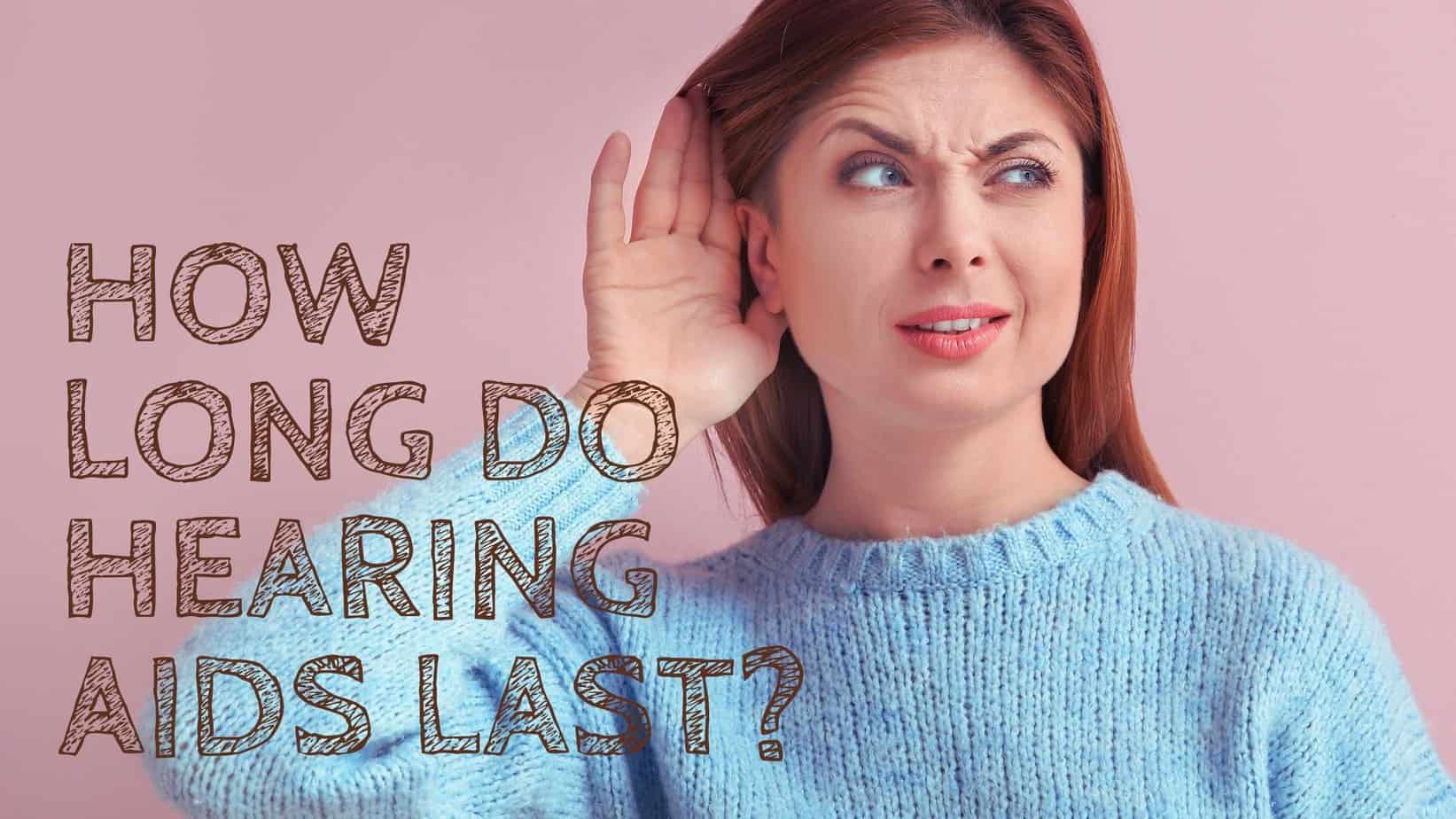We are often asked how long a set of hearing aids will last before needing to be replaced. While there is a general range of 4–6 years in which we can expect hearing aids to function optimally before needing replacement, the build quality of any given set of hearing aids is only one of a number of considerations to take into account. Let’s look at some of the factors that play into the longevity of a set of hearing aids.
Cleaning & Maintenance
Your hearing aids are exposed to the same environment as your hair, ears and face. While we tend to wash our bodies on a very regular basis, some people forget that their hearing aids require the same degree of care. While it is important to have your hearing aids professionally cleaned periodically, it’s also important to keep up with daily cleaning and general maintenance in order to keep your hearing aids working properly. Replacing wax filters and regular home cleaning can help your hearing aids last longer.
Wipe them down with a clean cloth at the end of each day, and give them space to dry out at night. Rechargeable hearing aids have an advantage over those that use disposable batteries in that they are more sealed against dirt and moisture, but it is still important to keep them as clean and dry as possible.
Climate
Moisture and dirt are the natural enemies of hearing aids. If you live in a climate that is especially hot, humid or both, you may need to take some extra care to keep your hearing aids safe from potential moisture damage. Similarly, lots of dust will take a toll. If your climate or daily activities are going to pose a danger to your hearing aids, talk to your provider about additional protective measures. Protective sleeves may be of help, and more regular professional cleaning will ensure your hearing aids are working properly while giving your provider an opportunity to check up on them.
If your climate is especially humid, a hearing aid dehumidifier can be a good investment to remove moisture from your hearing aids while you sleep.
Physiology
Some people’s body chemistry is tougher on hearing aids than others. Of course, these are things we can’t control, but some people may sweat more profusely, have oilier skin, produce more earwax, or have a body chemistry that discolors and degrades the plastic and metal parts of hearing aids much faster than others. If you think any of these things may be an issue for you, talk to your provider about more frequent professional cleanings or any other things you might be able to do to minimize the impact on your hearing aids’ lifespan.
Changing Needs
Hearing loss tends to progress for a while, then plateau at a certain point. It’s difficult if not impossible to predict what level your hearing loss may reach, but not all hearing aids are meant for all degrees of hearing loss. If your hearing loss progresses to a severe or profound degree while you are still wearing hearing aids appropriate for mild to moderate hearing loss, you may need to replace them with a more power-oriented model. If this is the case, you may be able to donate your old hearing aids to a person in need.
Technological Advancement
While it is rare, a set of hearing aids under ideal conditions could last for seven or more years. In these cases, the technological advancements being made in the industry may still inspire a person to get new hearing aids that can do a better job. In the last few years, we’ve seen rechargeability and Bluetooth-capability become nearly standard features of new hearing aids, while background noise reduction and speech enhancement have also become more and more powerful. Even if your hearing aids are working perfectly, you may wish to get newer ones to take advantage of newer industry advancements that can improve the way they integrate into your life.
Hearing Wellness Solutions
If you or a loved one is in need of new hearing aids, or a first set, contact us today to make an appointment for a hearing test and find out how modern hearing aids can dramatically improve your quality of life!


